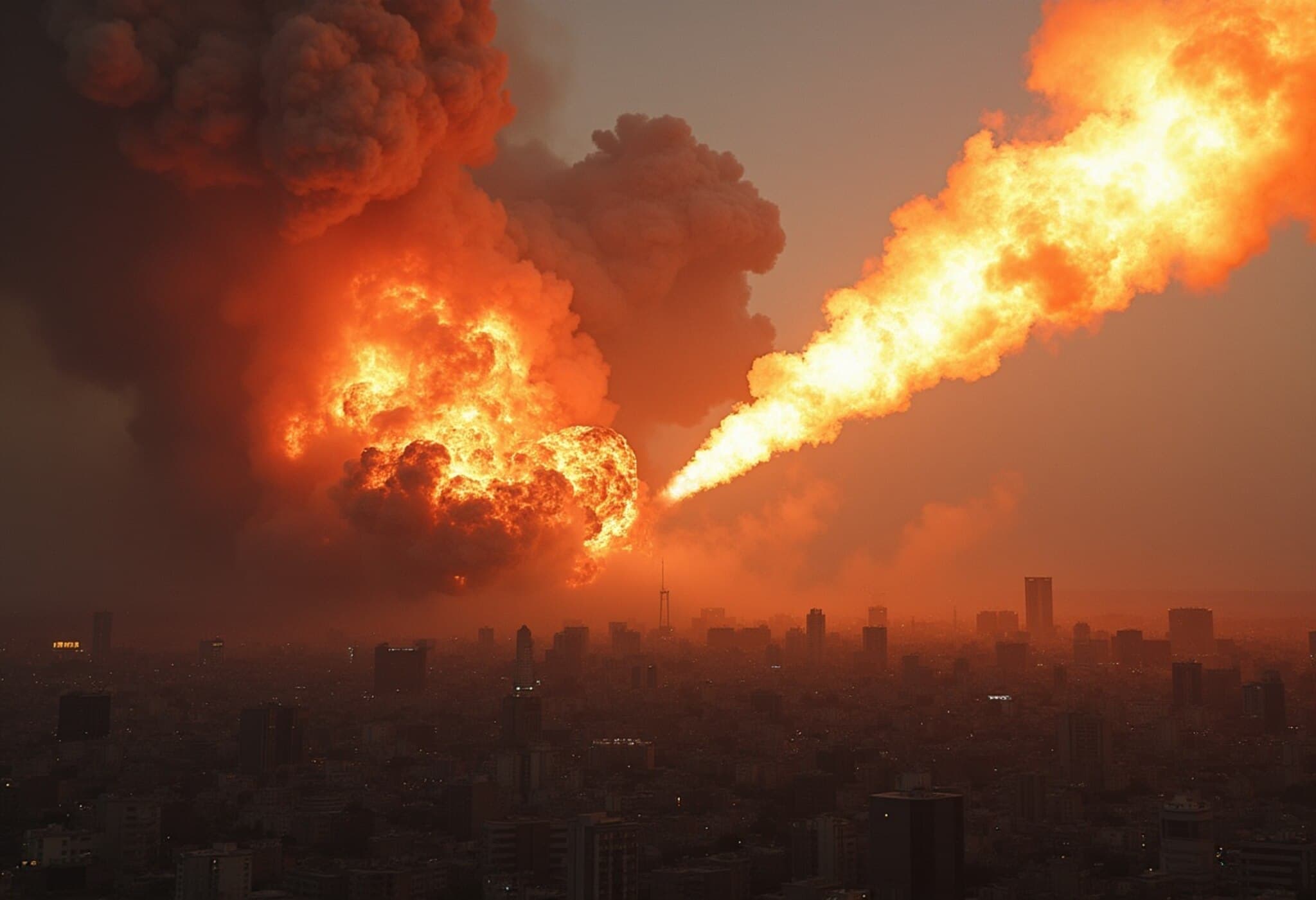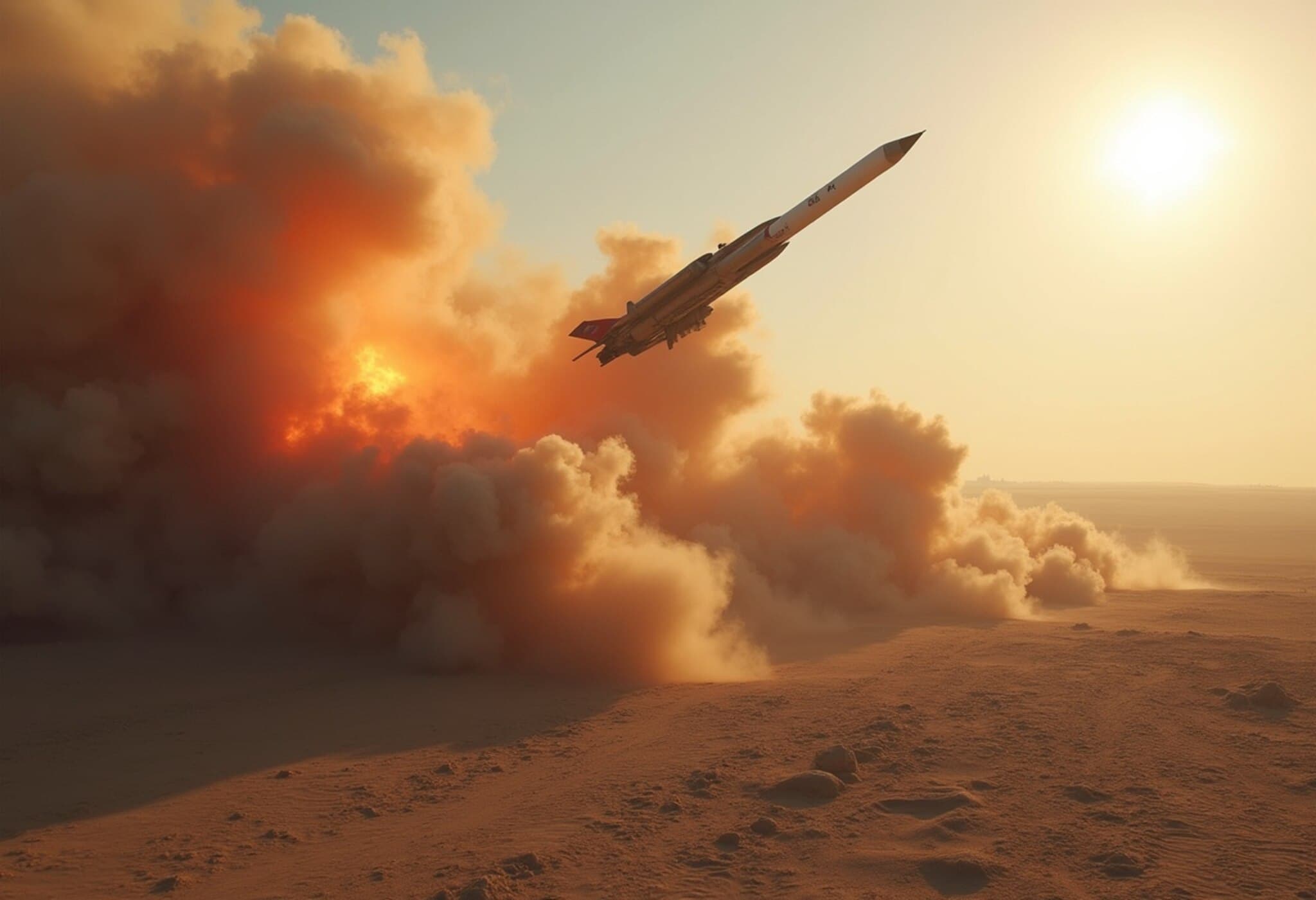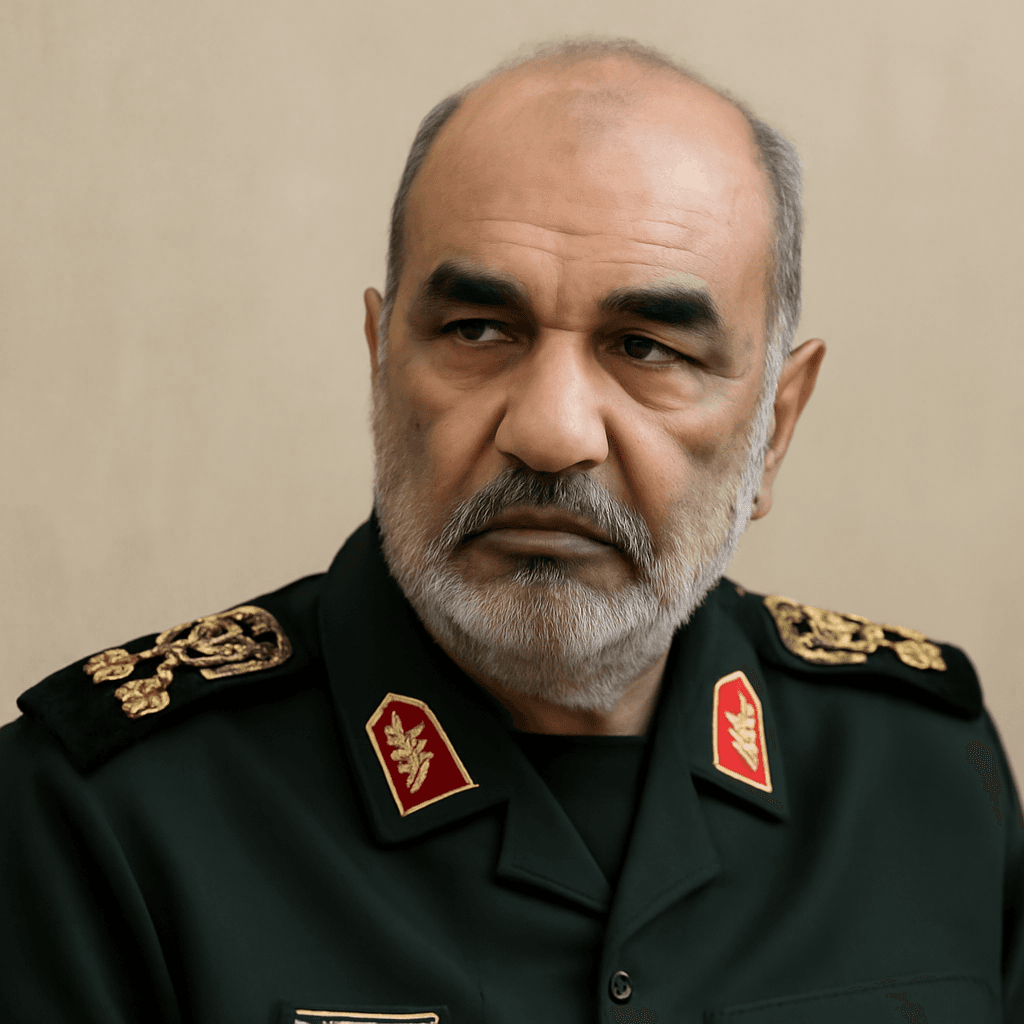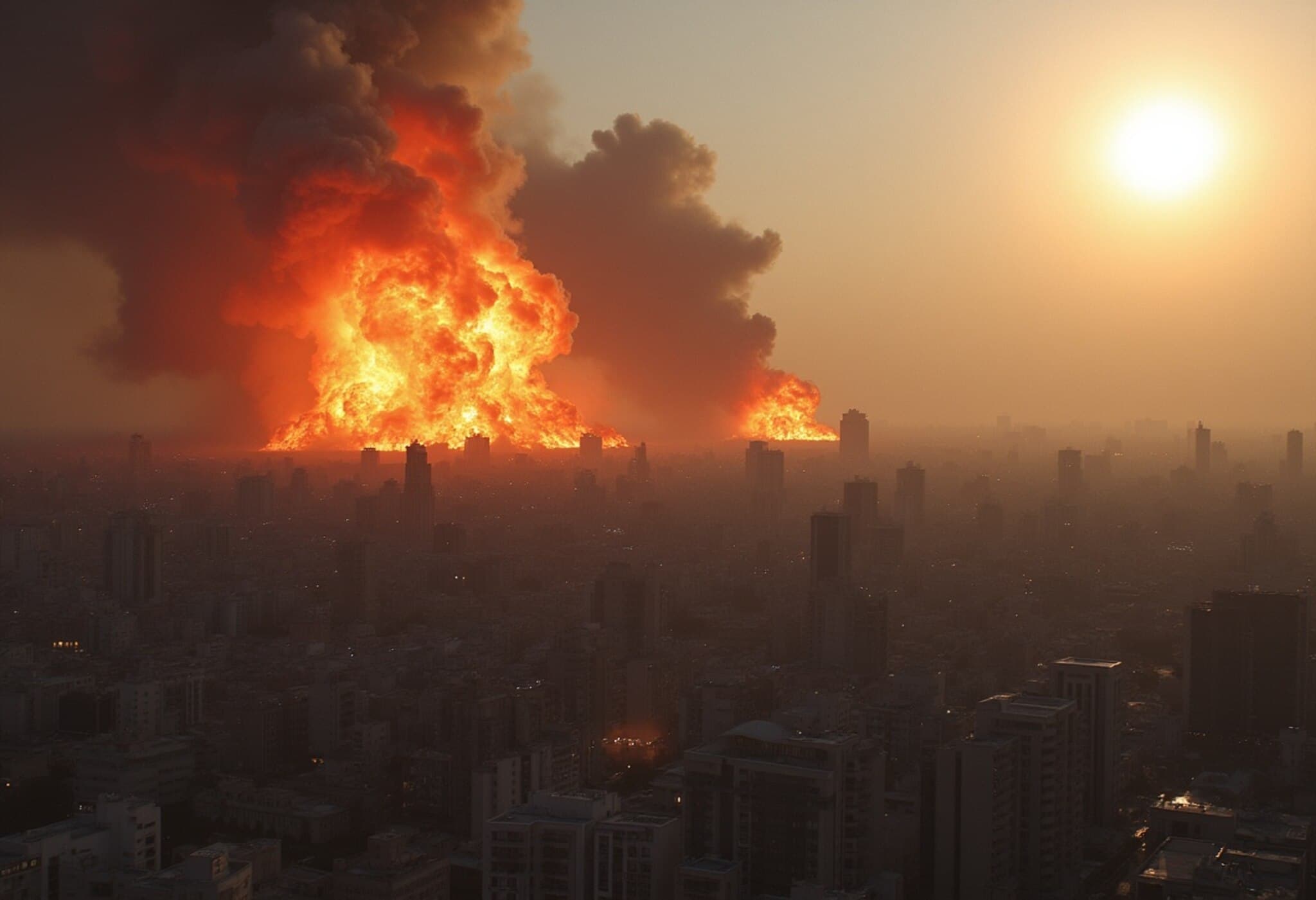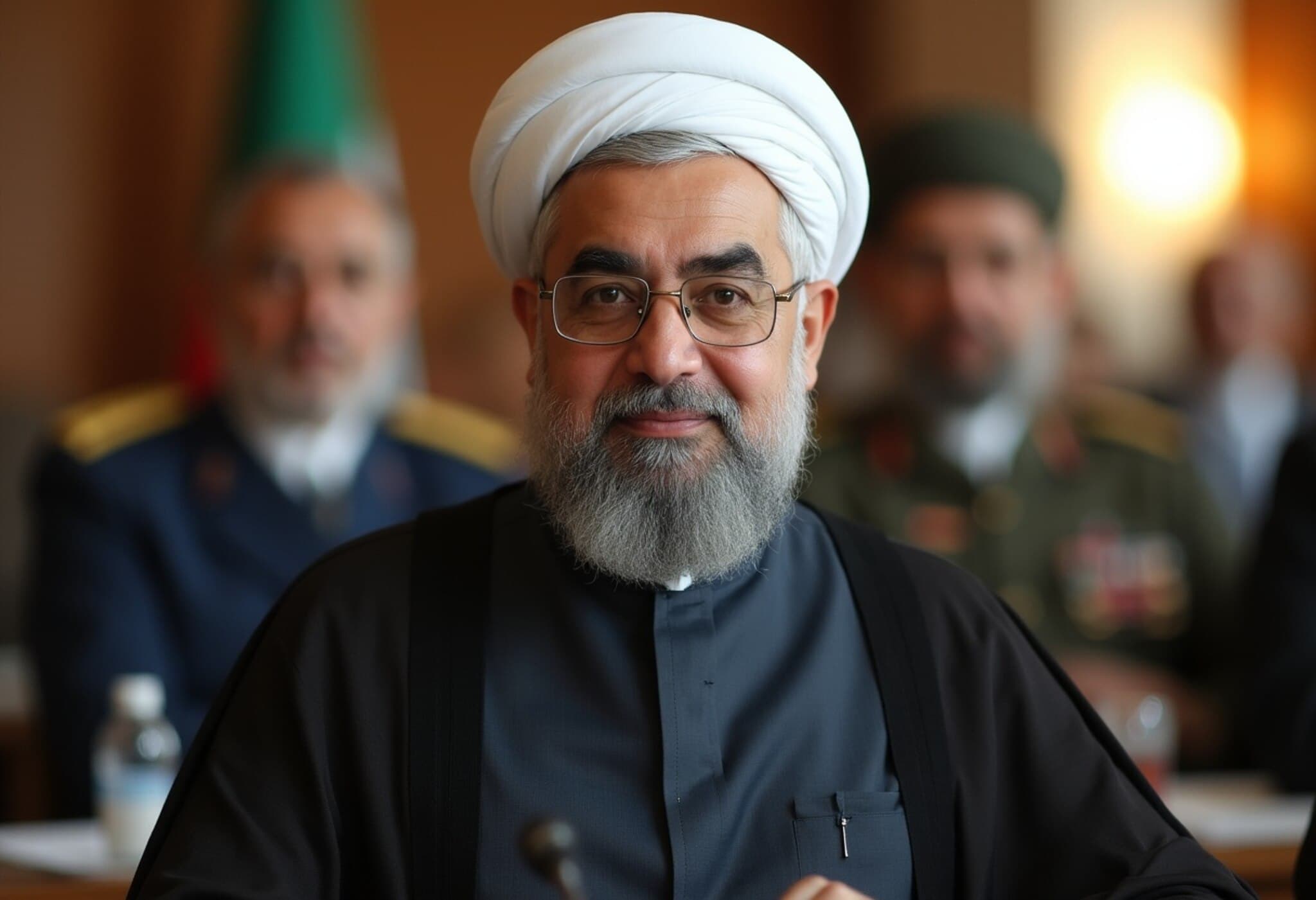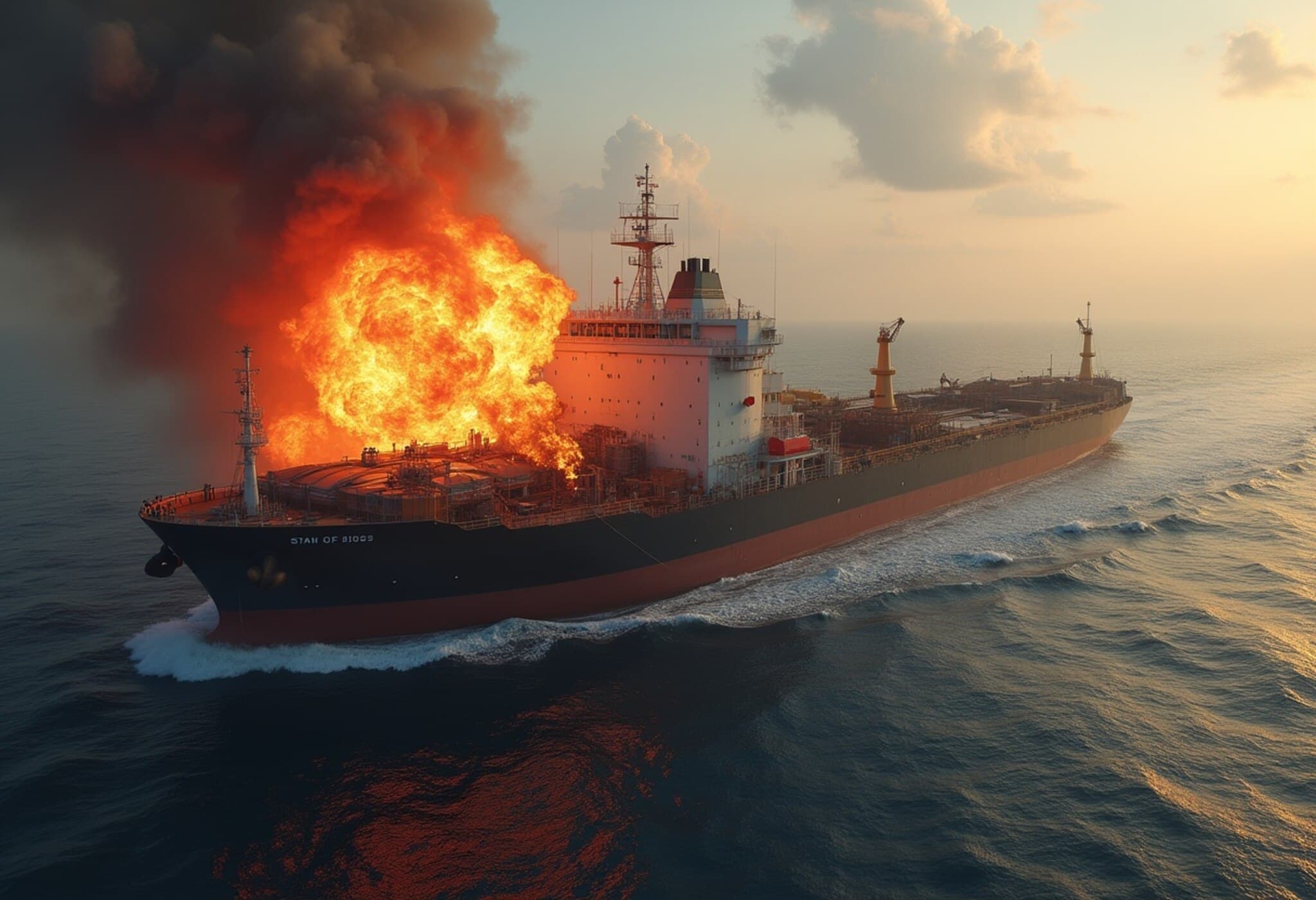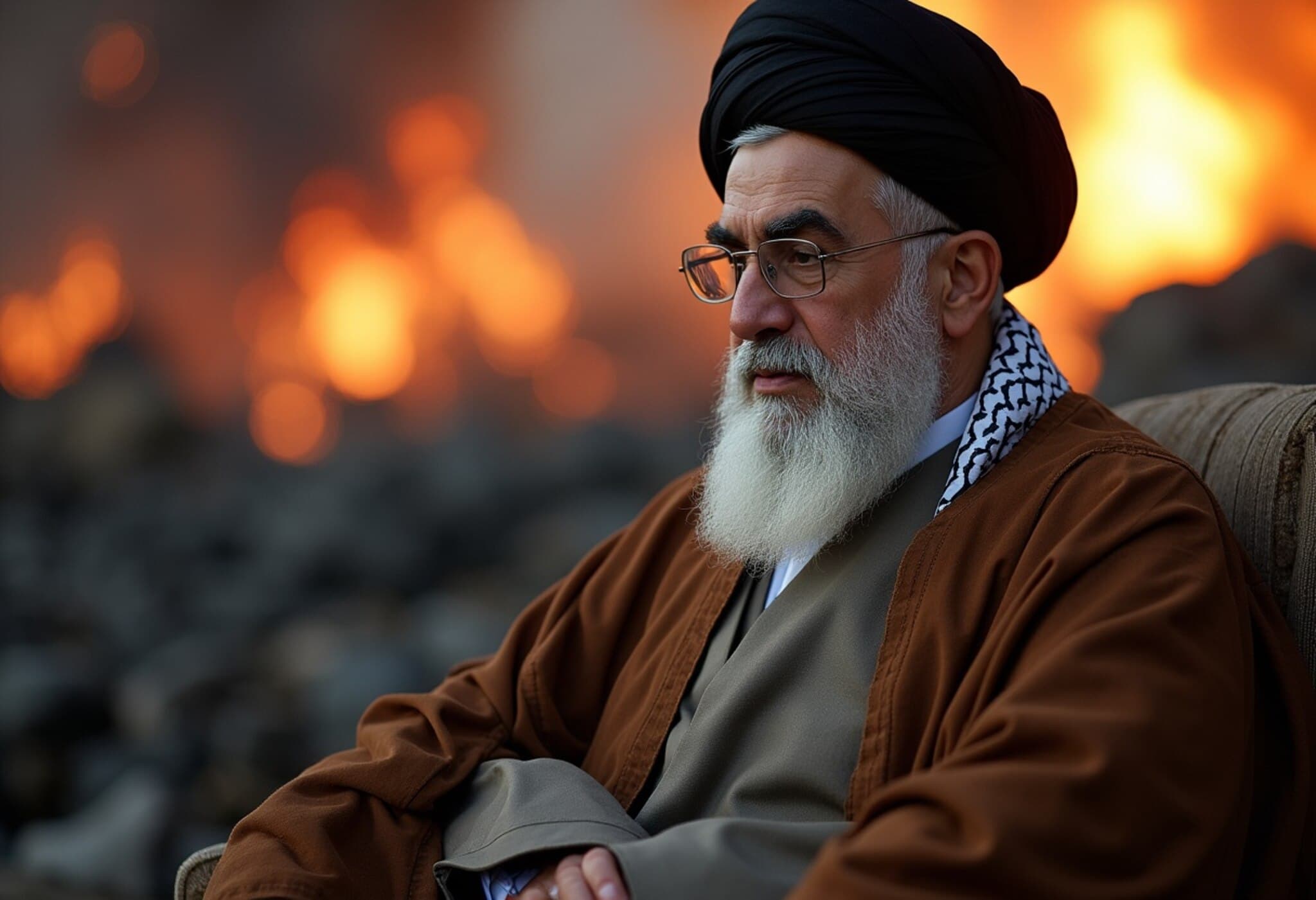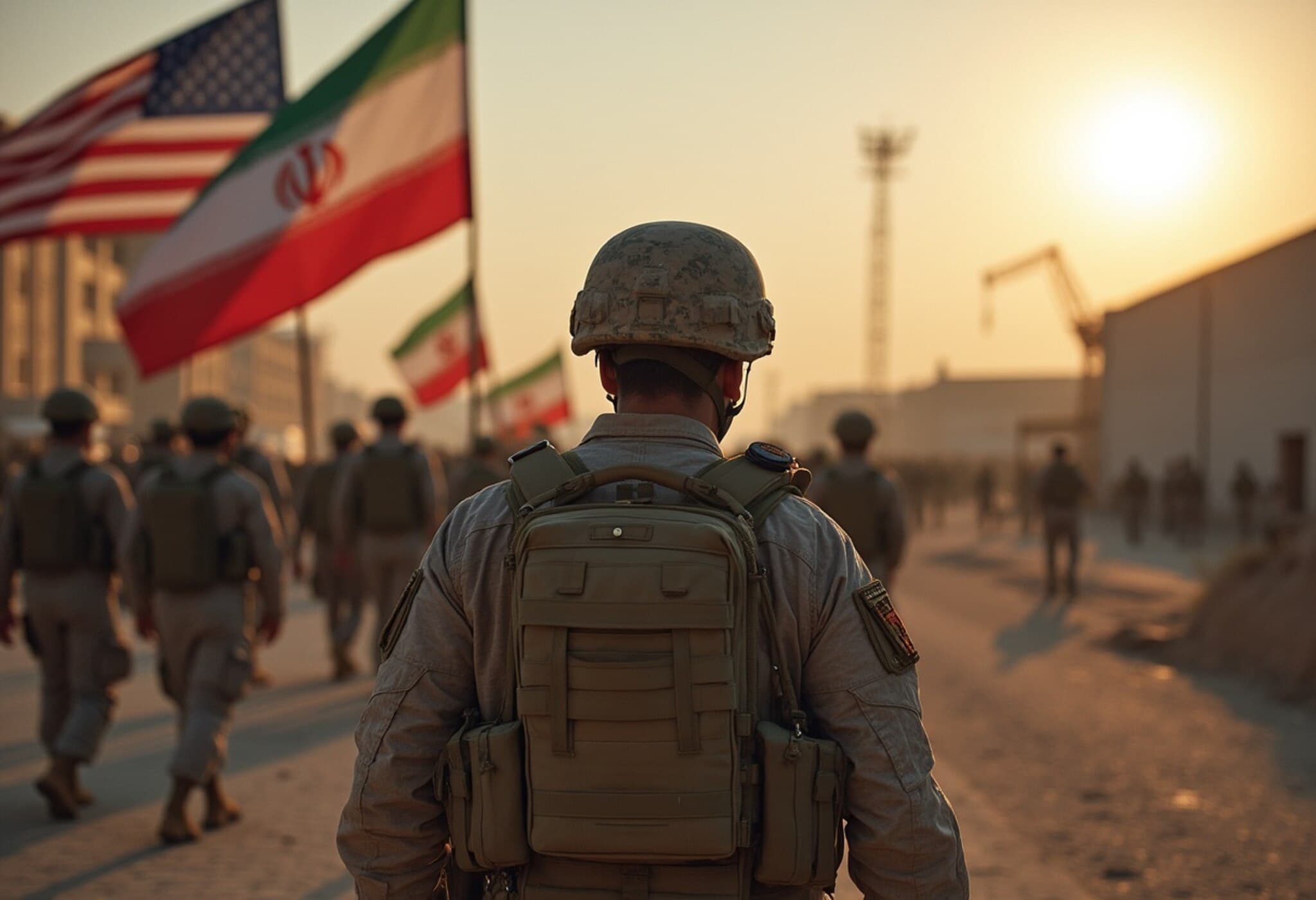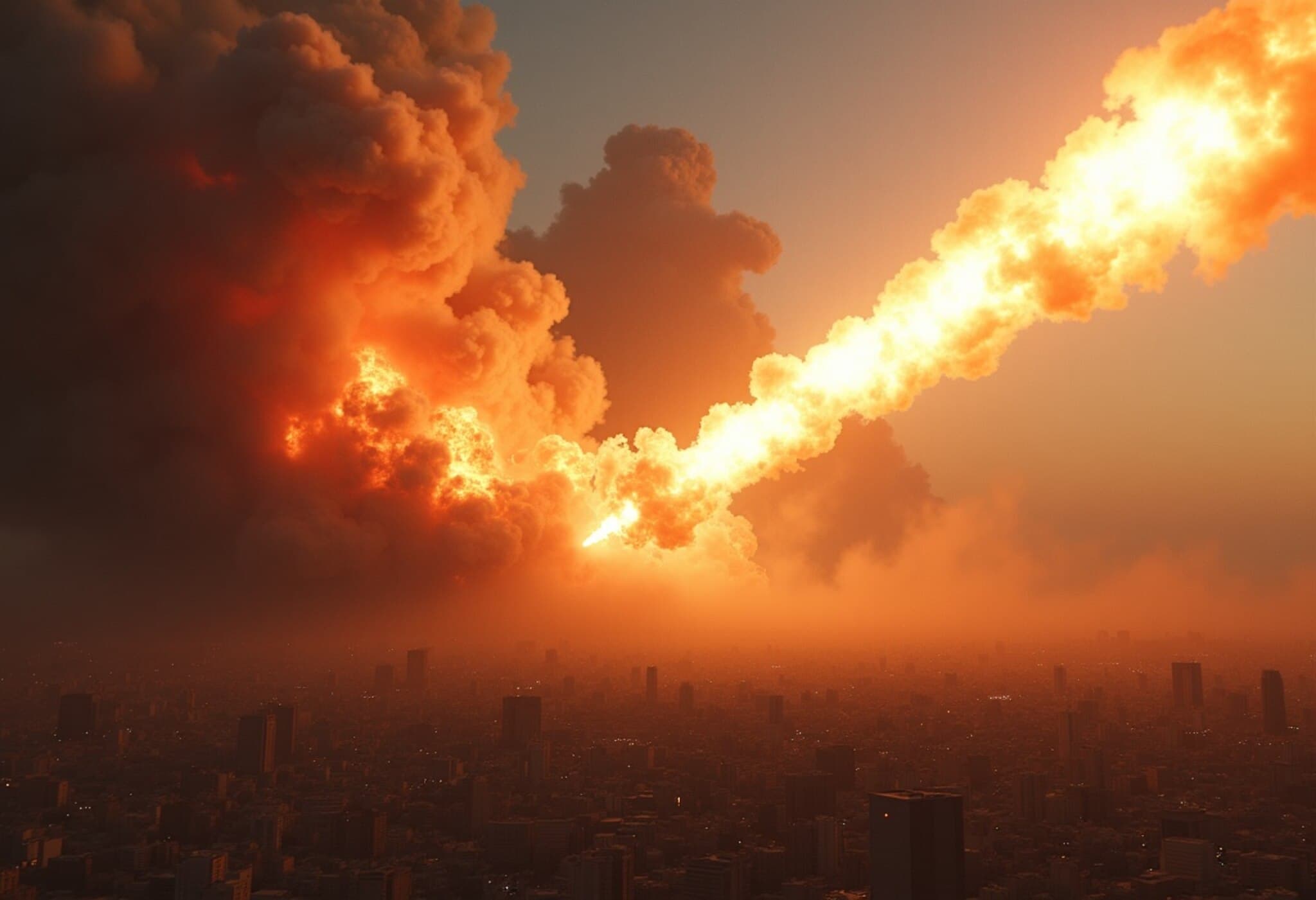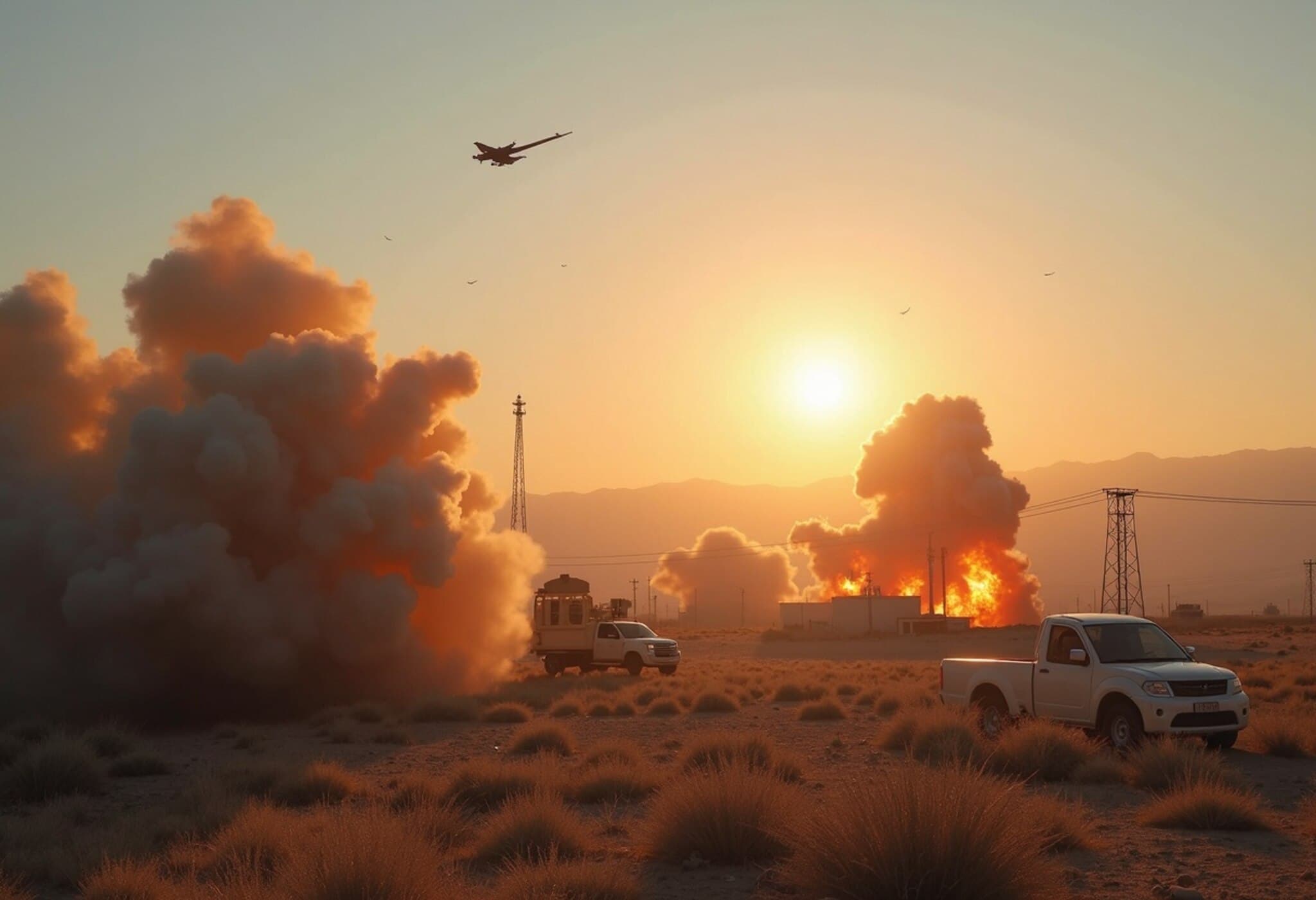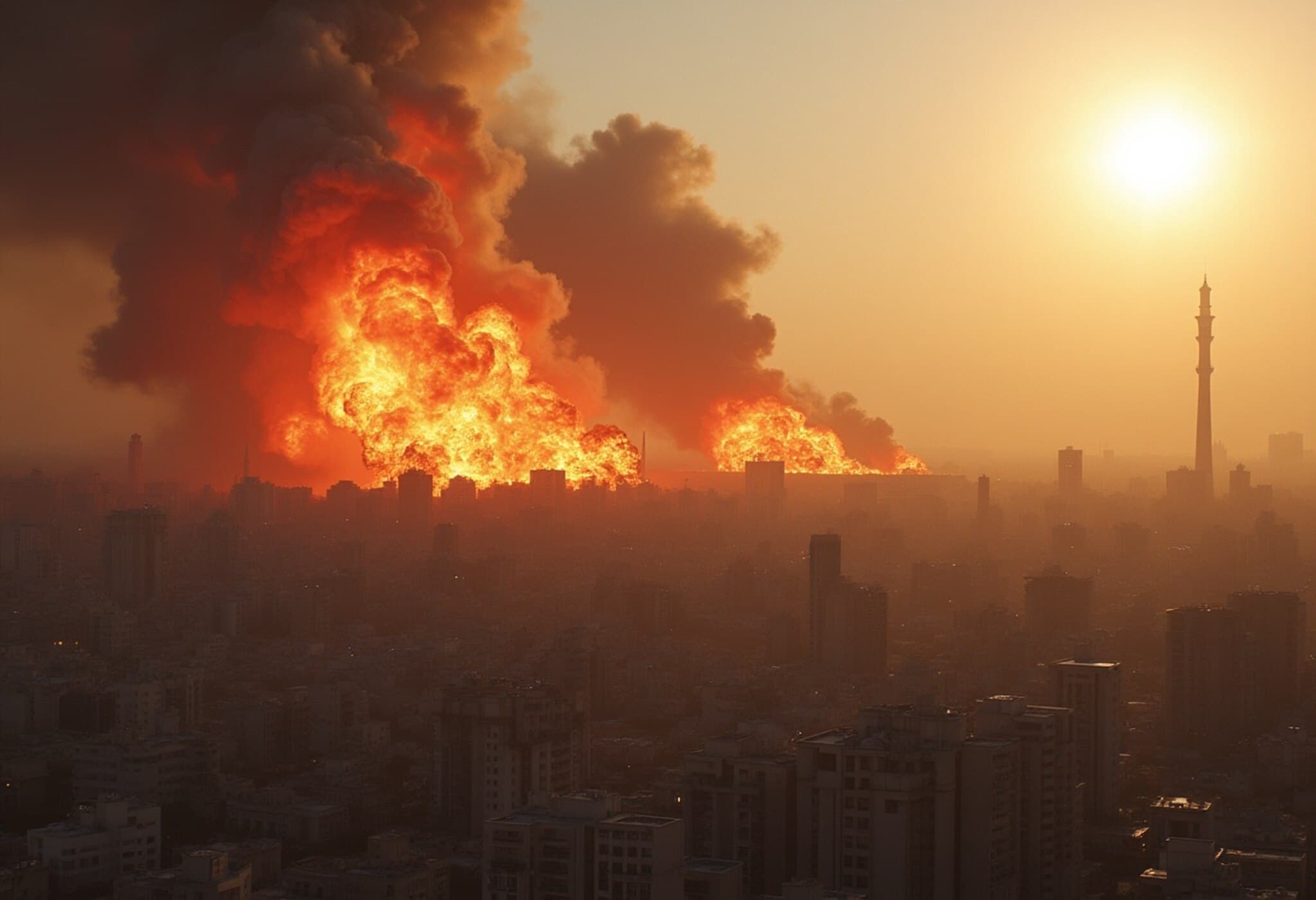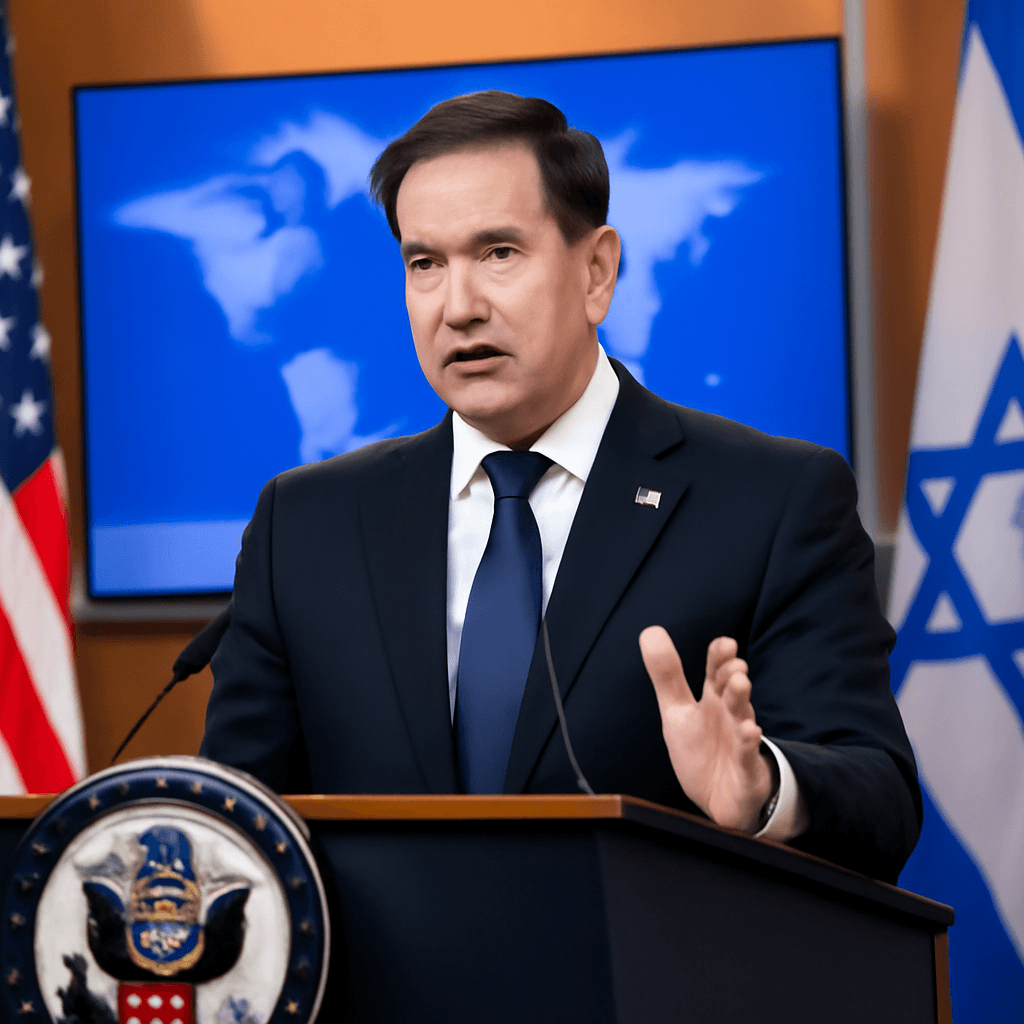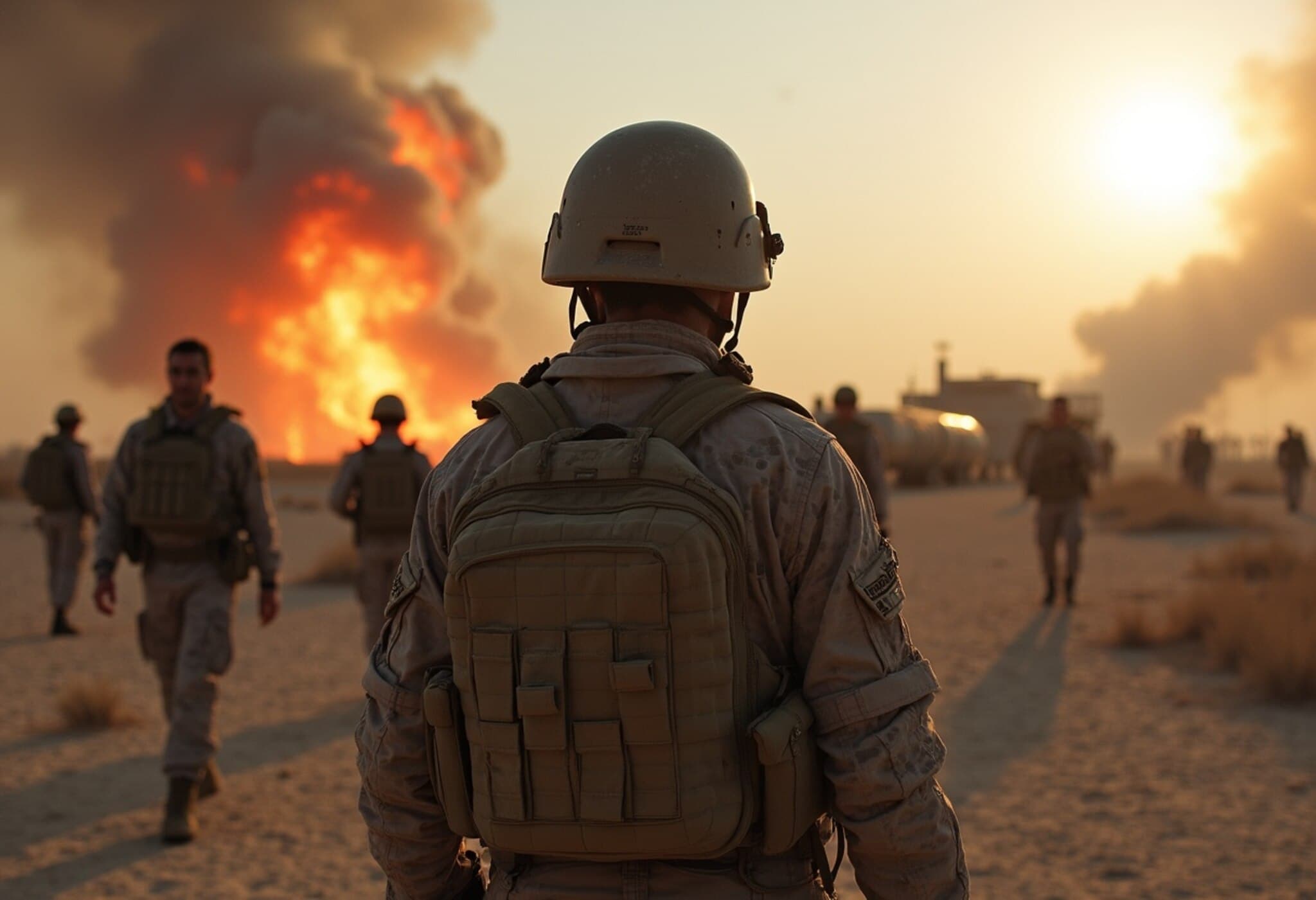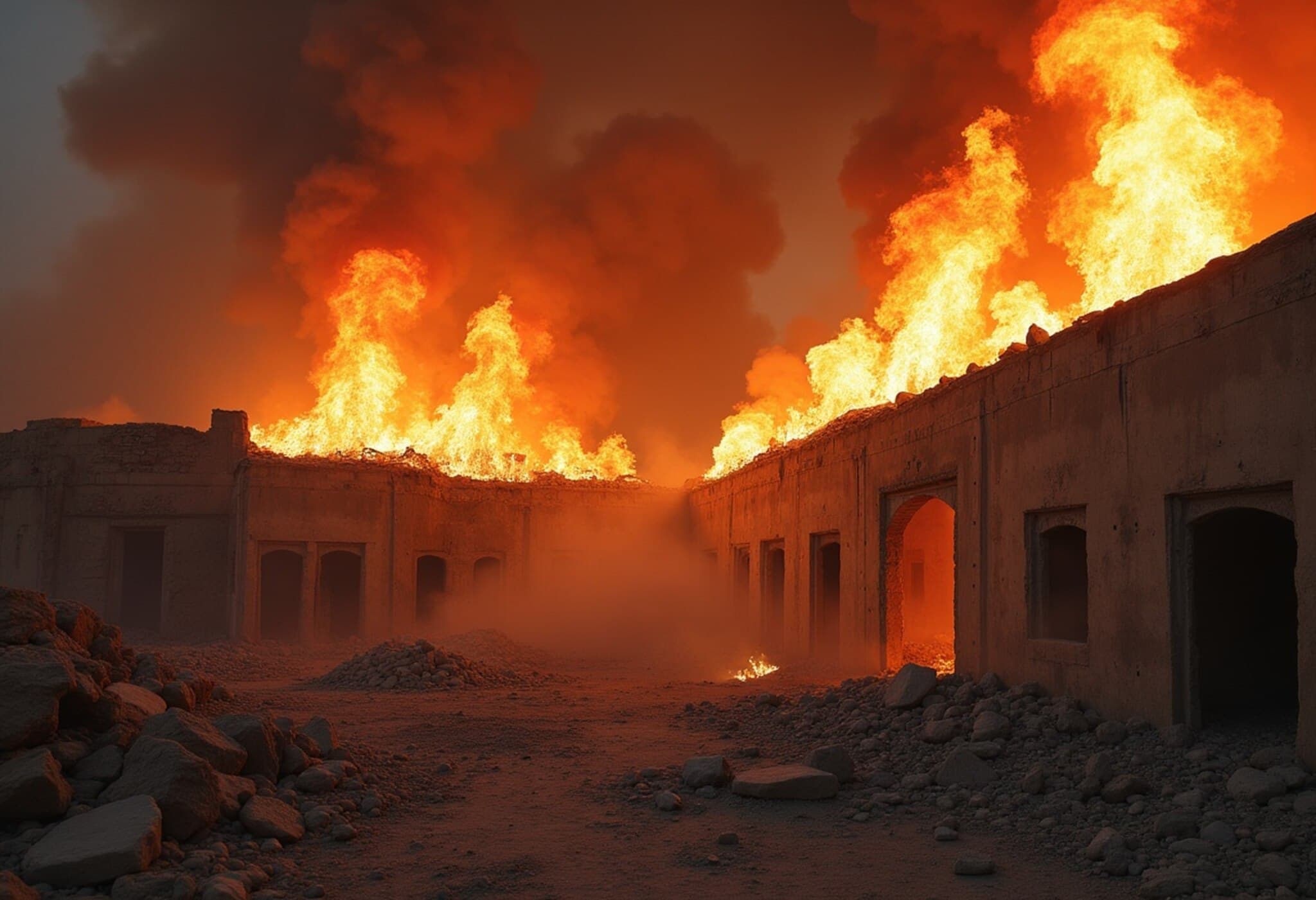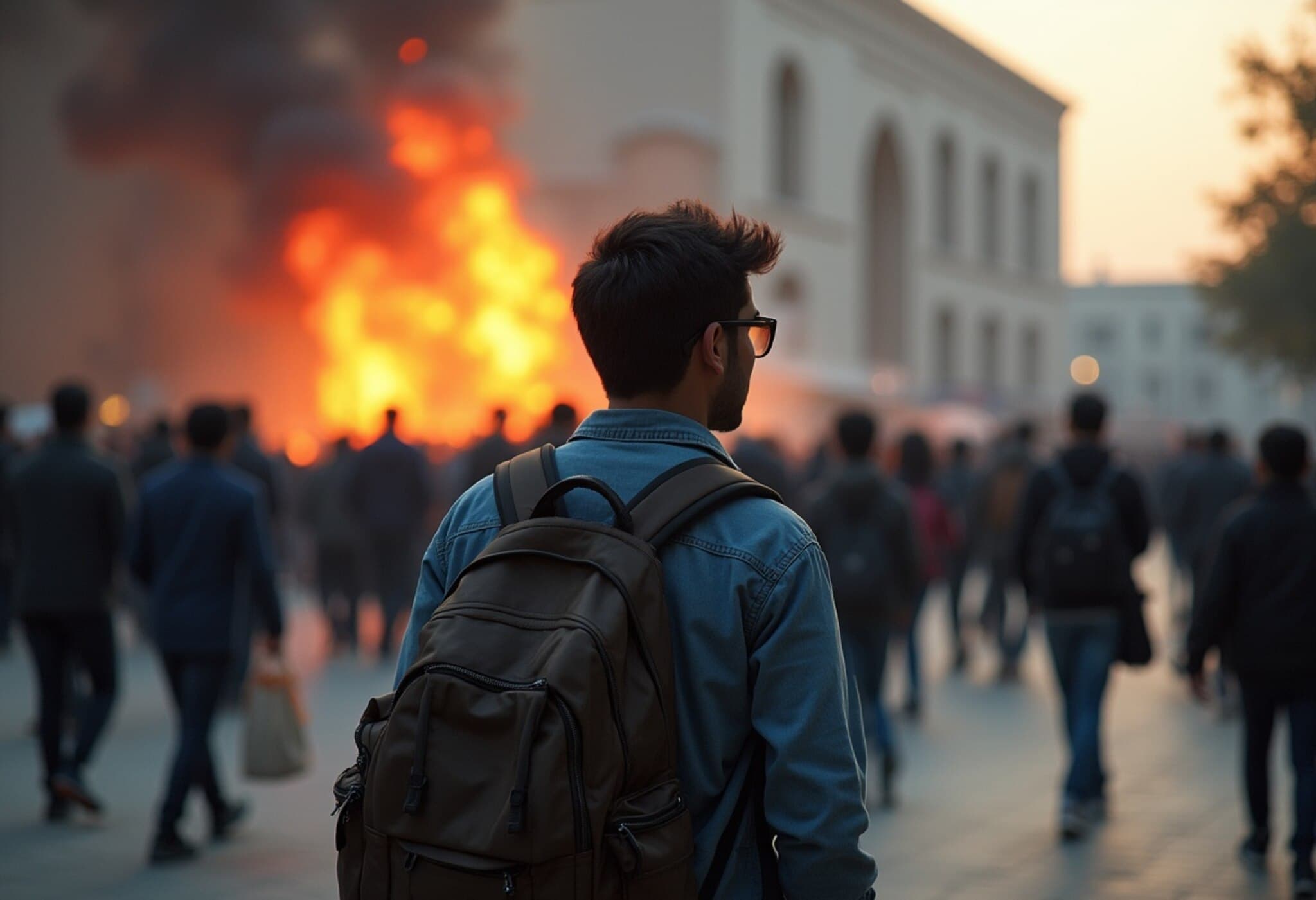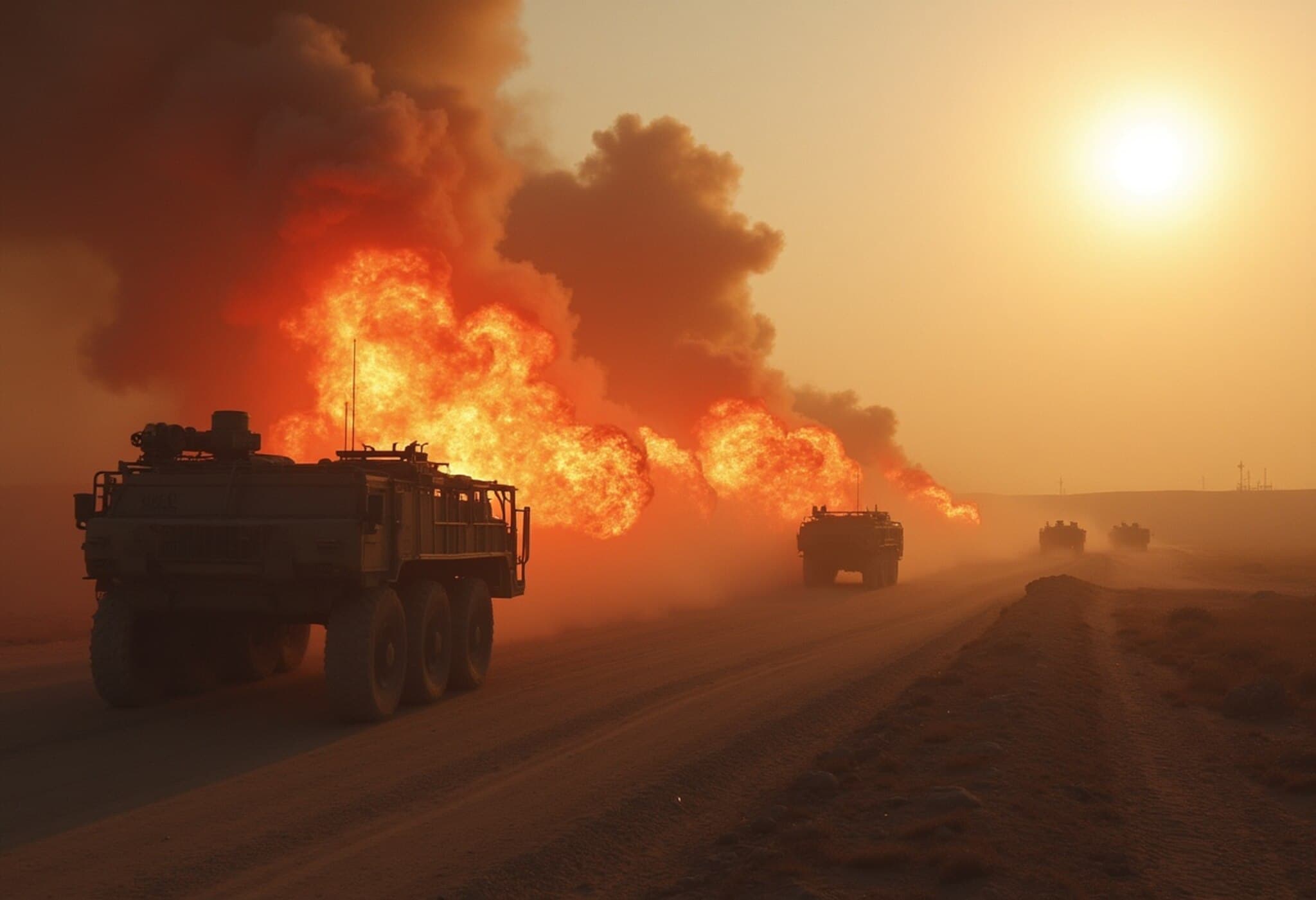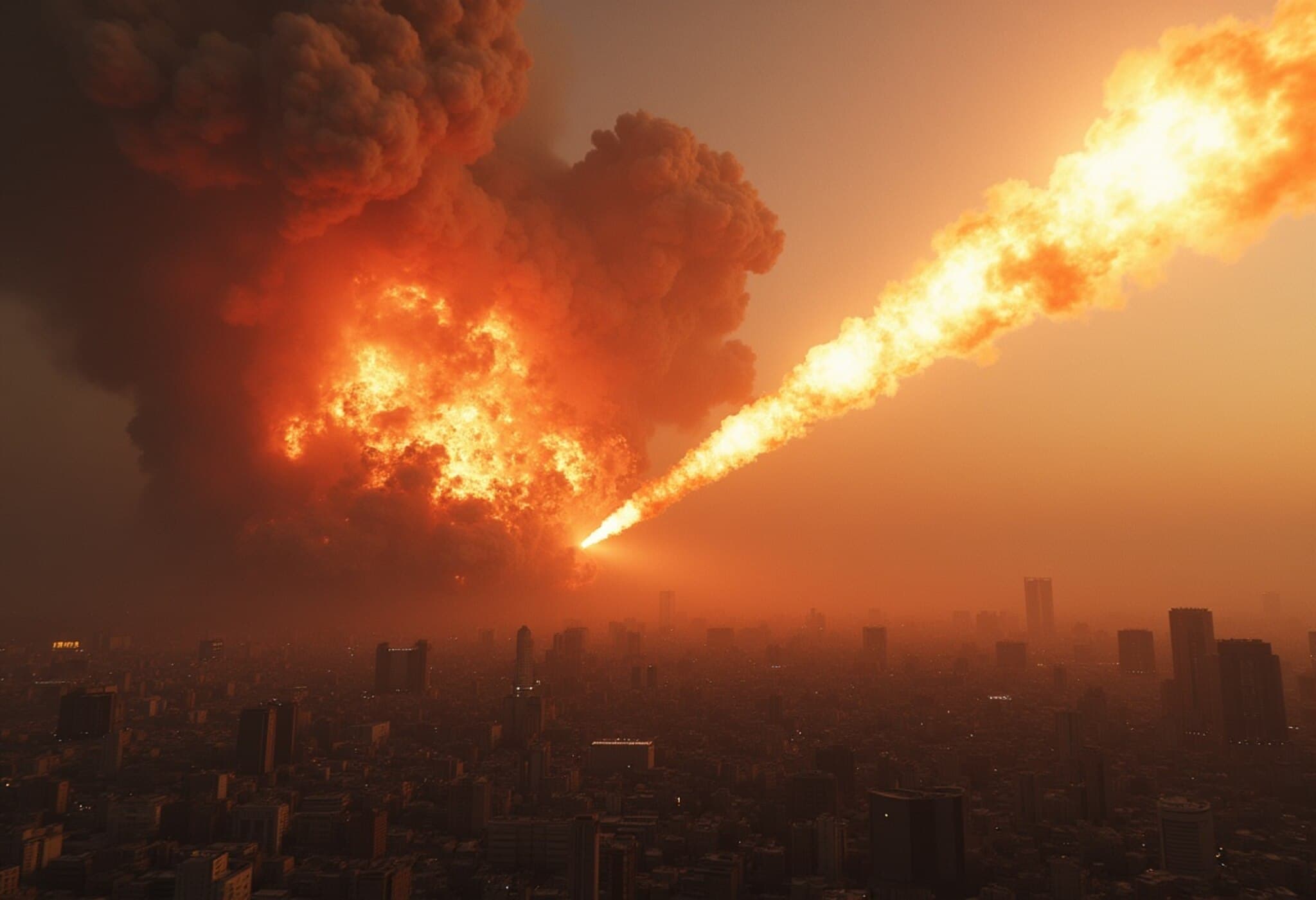Israel Launches Strikes on Iran's Nuclear Facilities
In the early hours of Friday, Israel launched a series of targeted military strikes on multiple nuclear and missile facilities in Iran. The operation, described by Israeli Prime Minister Benjamin Netanyahu as a "decisive moment in Israel’s history," reportedly resulted in explosions near the Natanz uranium enrichment plant as well as other strategic locations. Israeli forces also targeted key military commanders and nuclear scientists according to reports emerging from Iran.
Netanyahu pledged that the operation, named Operation Rising Lion, would continue for days until the perceived nuclear threat posed by Iran is neutralized. Israel views the strikes as a necessary step to prevent Iran from advancing its nuclear program.
Iran’s Stern Warnings and State of Emergency
Iran, affirming that its nuclear program is for peaceful purposes, condemned the attacks and vowed retaliation. Supreme Leader Ayatollah Ali Khamenei described the Israeli strikes as a "crime" and warned of "severe punishment". Anticipating Iranian missile and drone retaliation, Israel has declared a state of emergency within its borders.
International Responses: Calls for Restraint and Diplomacy
The strikes have stirred a broad spectrum of reactions worldwide, ranging from condemnation to calls for calm:
- Israeli PM Benjamin Netanyahu: Emphasized that "Operation Rising Lion" is critical to Israel’s survival and will persist until the threat is eliminated.
- Iran’s Supreme Leader Ayatollah Khamenei: Denounced the strikes as a "crime" and predicted Iran’s revenge against Israel’s "satanic" actions.
- India: Urged use of existing diplomatic channels and advised citizens to avoid non-essential travel, maintaining neutrality given its ties with both nations.
- United States: Clarified it was not involved in the strikes, focusing on protecting American forces and warning Iran against targeting US interests.
- Pakistan: Condemned the attacks as "unjustified aggression," affirming Iran's right to self-defense under the UN Charter.
- China: Called for all parties to avoid escalating tensions and voiced readiness to help ease the situation.
- United Nations: Urged maximum restraint from both sides to prevent deeper conflict, highlighting concerns amid ongoing diplomatic talks.
- United Kingdom: Stressed that escalation "serves no one" and pushed for stability and diplomatic efforts.
- Australia: Described the escalation as alarming and urged parties to prioritize diplomacy to avoid further instability.
- Japan: Expressed regret over the use of military force during ongoing negotiations aimed at peaceful resolution.
- New Zealand: Called it an unwelcome development, warning of high risks for miscalculation.
- Oman: Called the strikes a violation of the UN Charter and urged the international community to halt the dangerous escalation.
- Saudi Arabia: Condemned Israel’s actions as blatant aggression undermining Iran’s sovereignty.
- Indonesia: Warned that the attack could exacerbate regional tensions and trigger broader conflict, urging restraint from all sides.
Regional Stability Hangs in the Balance
The unfolding situation has raised alarms across the globe. The strikes hit at the heart of deeply entrenched regional hostilities, threatening to destabilize an already fragile Middle East. While Israel asserts its right to preemptive self-defense against nuclear threats, Iran's vow of retaliation escalates the risk of a broader conflict that could spill beyond borders.
Amid ongoing diplomatic efforts, including direct talks between Tehran and Washington, the international community is pushing for restraint to avoid further deterioration. The stakes remain high as every statement and move is closely watched, underscoring the volatile nature of this historic crisis.
Summary of Key Statements
- Netanyahu: Operation to continue until threats eliminated.
- Khamenei: Israeli strikes are criminal with grave consequences.
- US: Not involved; prioritizes protection of American personnel.
- UN: Calls for maximum restraint from all parties.
- Global community: Overwhelmingly urges diplomacy over further military action.

